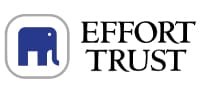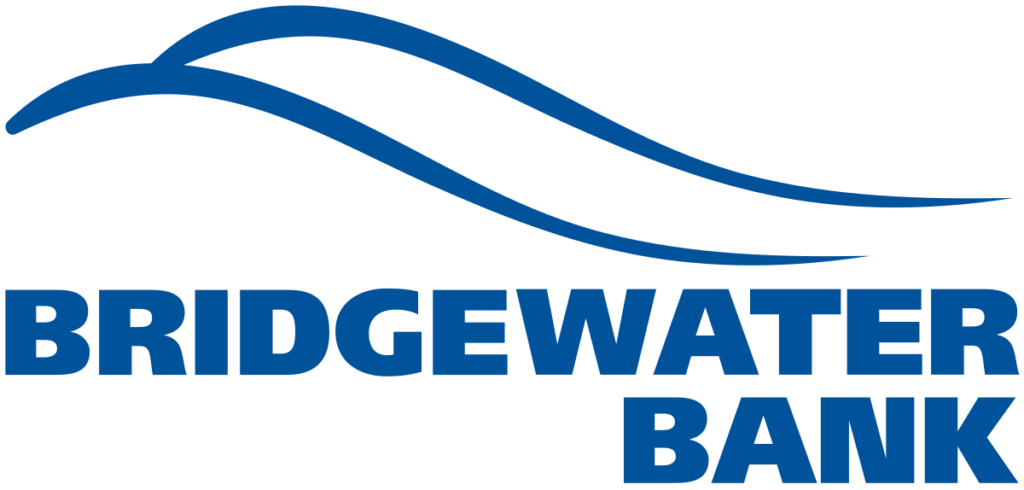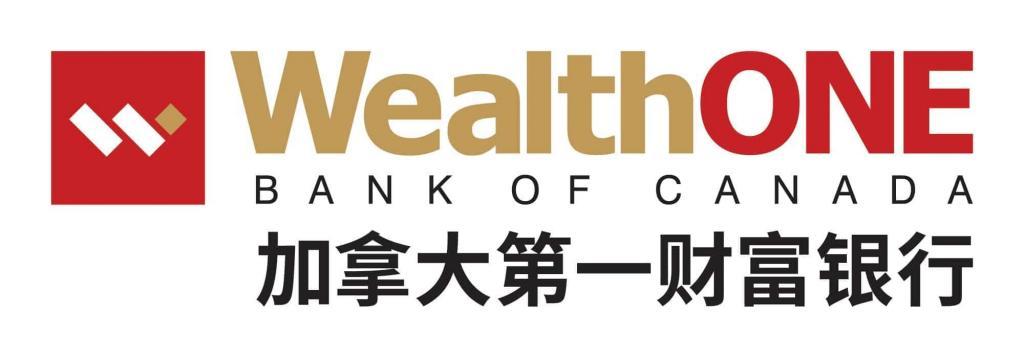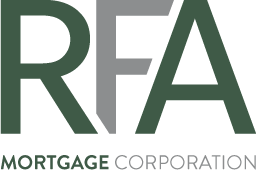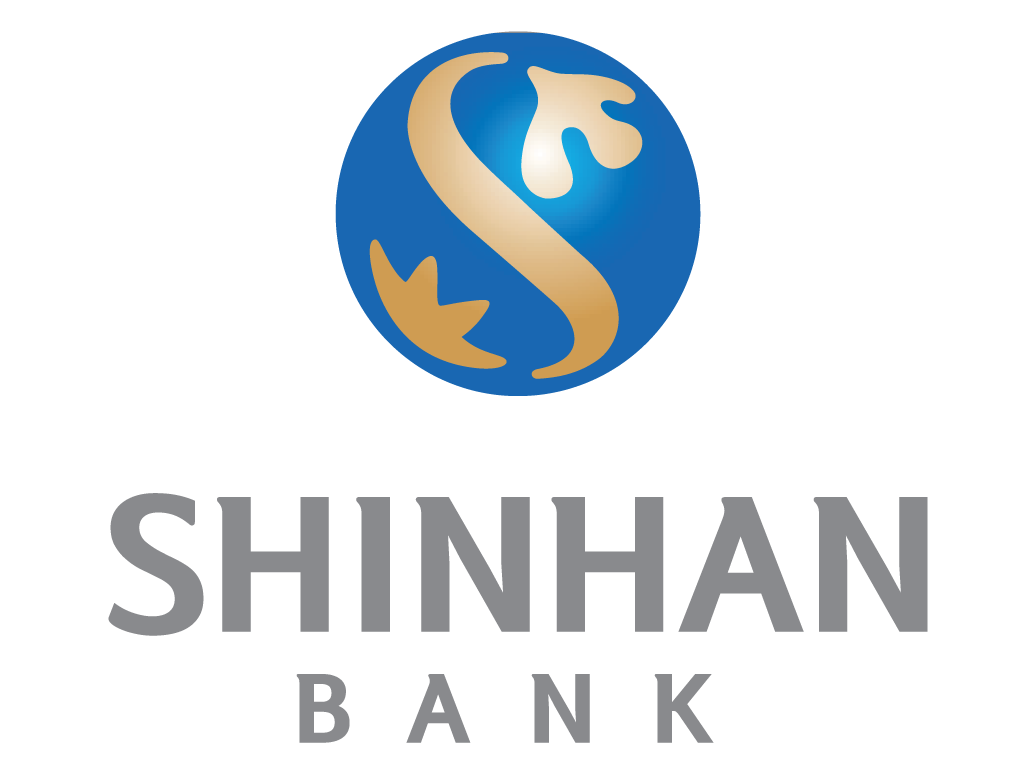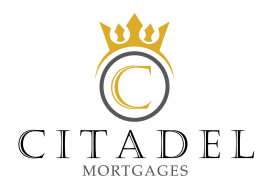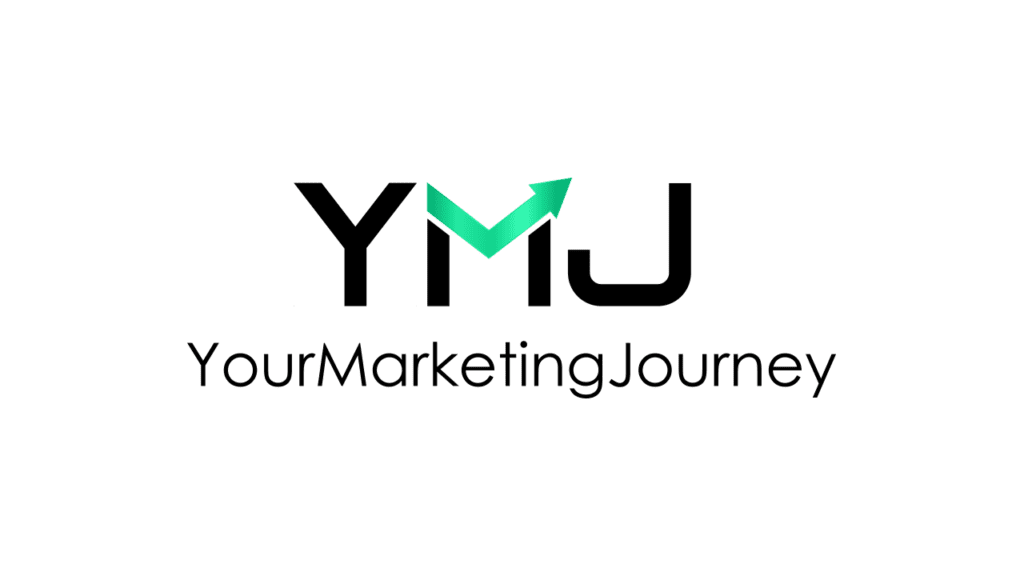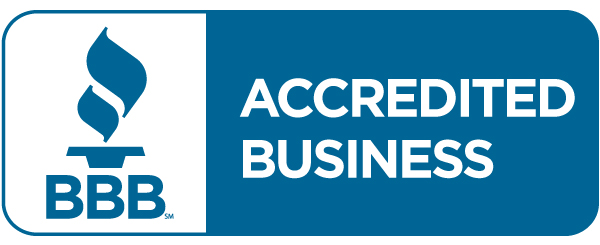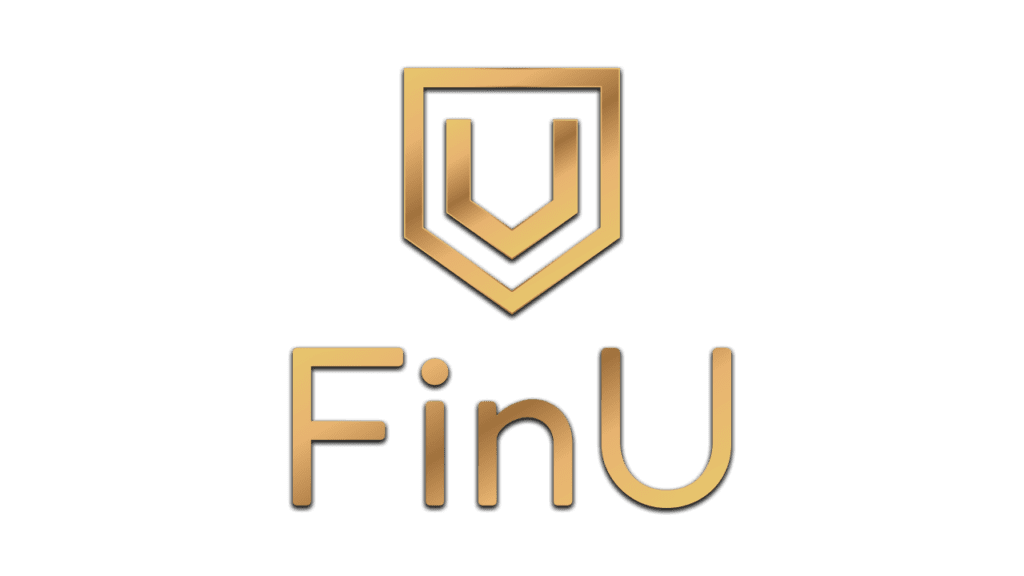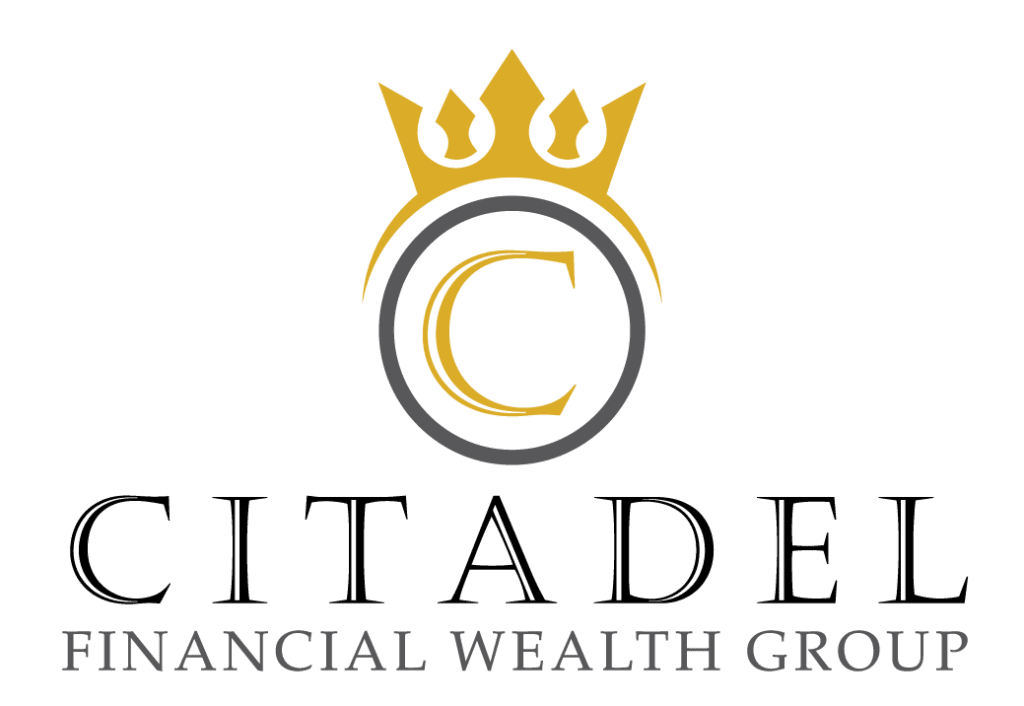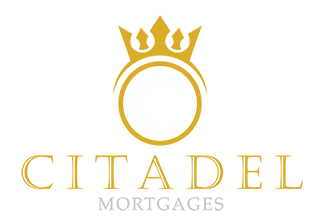
FAQ Mortgage questions
FREQUENTLY ASKED QUESTIONS
To determine ‘affordability,’ you will first need to know your taxable income along with the amount of any debt outstanding and the monthly payments. Assuming it is your principal residence you are purchasing, calculate 32% of your income for use toward a mortgage payment, property taxes, and heating costs. If applicable, half of the estimated monthly condominium maintenance fees will also be included in this calculation. Second, calculate 40% of your taxable income and deduct all of your monthly debt payments, including car loans, credit cards, lines of credit payments. The lesser of the first or second calculation will be used to help determine how much of your income may be used towards housing related payments, including your mortgage payment. These calculations are based on lenders’ general guidelines. In addition to considering what the ratios say you can afford, make sure you calculate how much you think you can afford. If the payment amount you are comfortable with is less than 32% of your income, you may want to settle for the lower amount rather than stretch yourself financially. Make sure you don’t leave yourself house poor. Structure your payments so that you can still afford simple luxuries.
A home inspection is a visual examination of the property to determine the overall condition of the home. In the process, the inspector should be checking all major components (roofs, ceilings, walls, floors, foundations, crawl spaces, attics, retaining walls, etc.) and systems (electrical, heating, plumbing, drainage, exterior weatherproofing, etc.). The results of the inspection should be provided to the purchaser in written form, in detail, generally within 24 hours of the inspection. A pre-purchase home inspection can add peace of mind and make a difficult decision much easier. It may indicate that the home needs major structural repairs, which can be factored into your buying decision. A home inspection helps remove many unknowns and increases the likelihood of a successful purchase.
A minimum down payment of 5% is required to purchase a home, subject to certain maximum price restrictions. In addition to the down payment, you must also be able to show that you can cover the applicable closing costs (i.e. legal fees and disbursements, appraisal fees and a survey certificate, where applicable). Regardless of the amount of your down payment, at least 5% of it must be from your own cash resources or a gift from a family member. It cannot be borrowed. Lenders will generally accept a gift from a family member as an acceptable down payment provided a letter stating it is a true gift, not a loan, is signed by the donor. Where the mortgage loan insurance is provided by Canada Mortgage and Housing Corporation (CMHC), the gift money must be in the your possession before the application is sent in to CMHC for approval. Mortgages with less than 20% down must have mortgage loan insurance provided by either CMHC or GE.
A conventional mortgage is usually one where the down payment is equal to 20% or more of the purchase price, a loan to value of or less than 80%, and does not normally require mortgage loan insurance.
Depending on the circumstances surrounding your bankruptcy, generally some lenders would consider providing mortgage financing. You need the following for financing from a major bank: -Discharge for 2 years -Two active trade lines for at least two years on your credit report with no miss payments. ( Credit card & Loan Etc) – Min 600 credit score -Provable Income If you do not meet these guidelines its okay we have other lenders such as trust companies and private lenders we can use until we can work you back into prime lending!
Where child support and alimony are paid by you to another person, generally the amount paid out is deducted from your total income before determining the size of mortgage you will qualify for. Where child support and alimony are received by you from another person, generally the amount paid may be added to your total income before determining the size of mortgage you will qualify for, provided proof of regular receipt is available for a period of time determined by the lender.
Most lenders will accept down payment funds that are a gift from family as an acceptable down payment. A gift letter signed by the donor is usually required to confirm that the funds are a true gift and not a loan. where the mortgage requires mortgage loan insurance, Canada mortgage and housing corporation requires the gift money to be in the purchaser’s possession before the application is sent in to them for approval.
A pre-approved mortgage provides an interest rate guarantee from a lender for a specified period of time (usually up to 120 days) and for a set amount of money. The pre-approval is calculated based on information provided by you and is generally subject to certain conditions being met before the mortgage is finalized. Conditions would usually be things like ‘written employment and income confirmation’ and ‘down payment from your own resources’, for example. Most successful real estate professionals will want to ensure you have a pre-approved mortgage in place before they take you out looking for a home. This is to ensure that they are showing you property within your affordable price range. In summary, a pre-approved mortgage is one of the first steps a home buyer should take before beginning the buying process.
Very few home buyers have the cash available to buy a home outright. Most of us will turn to a financial institution for a mortgage the first step in a potentially long-standing relationship. But even with a mortgage, you will need to raise the money for a down payment. The down payment is that portion of the purchase price you furnish yourself. The amount of the down payment (which represents your financial stake, or the equity in your new home) should be determined well before you start house hunting. The larger the down payment, the less your home costs in the long run. With a smaller mortgage, interest costs will be lower and over time this will add up to significant savings.
Most lenders now offer insured mortgages for both new and resale homes with lower down payment requirements than conventional mortgages – as low as 5%. Low down payment mortgages must be insured to cover potential default of payment, and their carrying costs are therefore higher than a conventional mortgage because they include the insurance premium. With all low down payment insured mortgages, you are responsible for: :appraisal and legal fees :an application fee for the insurance :the payment of the mortgage default insurance premium (although the amount of the premium may be added to the mortgage amount).
Today, about 50% of first-time home buyers use their RRSP savings to help finance a down payment. If you are a first-time home buyer, the Home Buyers Plan (HBP) allows you to withdraw money from your Registered Retirement Savings Plan (RRSP) tax-free to make your down payment. The HBP is administered by the Canada Revenue Agency (CRA). There are certain conditions you must meet to be eligible for the HBP. For more information, contact CRA at www.cra.gc.ca. How much can you withdraw? – You can withdraw up to $25,000 from your RRSP – If you buy the home together with your spouse, partner, or someone else, each of you can withdraw up to $25,000, for a total of up to $50,000. – The withdrawal from your RRSP does not need to be included in your income on your annual income tax return, and no tax is taken off the money you withdraw. What is the payback period? – You don’t have to start paying back the money to your RRSP until two years after the purchase of the home. – You must pay back all withdrawals from your RRSP within 15 years by making RRSP deposits each year, starting the second year following your withdrawal. CRA will determine what your minimum yearly repayment will be and will notify you once you need to start repaying the amount. – If you do not repay the amount due in a given year, it is included in your taxable income for that year and you’ll have to pay income tax on this amount. source: Financial Consumer Agency of Canada
The interest rate on a fixed-rate mortgage is set for a pre-determined term – usually between 6 months to 25 years. This offers the security of knowing what you will be paying for the term selected.
A mortgage in which payments are fixed for a period of one to two years although interest rates may fluctuate from month to month depending on market conditions. If interest rates go down, more of the payment goes towards reducing the principal; if rates go up, a larger portion of the monthly payment goes towards covering the interest. Open variable rate mortgages allow prepayment of any amount (with certain minimums) on any payment date.
Call Citadel Mortgages To Get Approved Today :
With Our Mortgage Solutions Now!
1-866-600-8762
OUR TRUSTED LENDER PARTNERS





